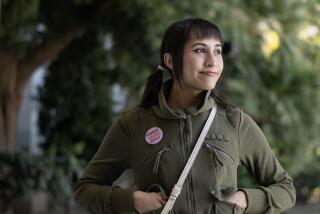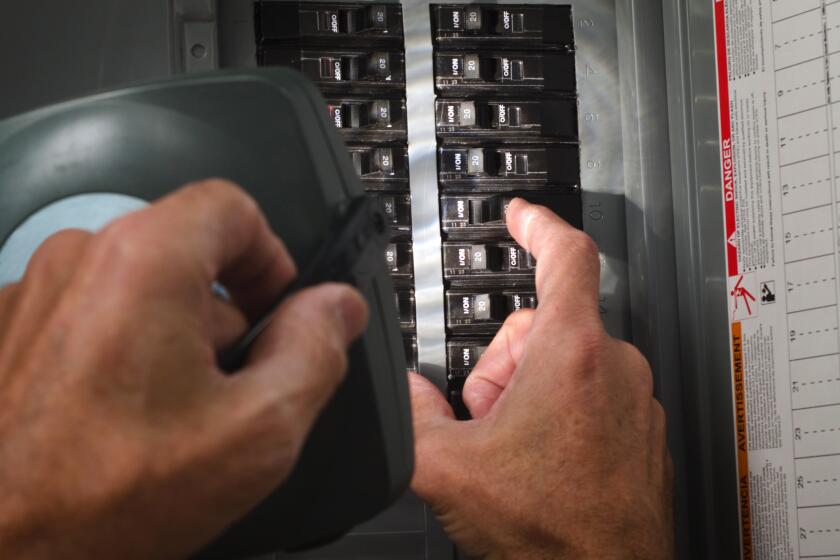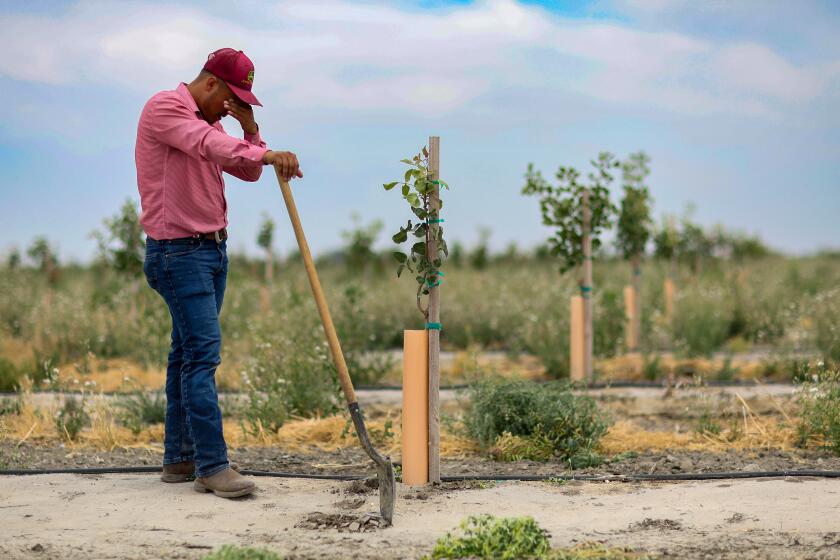3 Years After the L.A. Riots, Rebuilding Is More a Struggle Than Ever : Health: Nonprofit group’s plan to provide affordable care for the poor and uninsured moves forward--but slowly.
Jerry Wright made a promise after the Los Angeles riots of 1992, and he is determined to keep it.
He promised to find a way for poor and uninsured people to receive affordable health care. With that in mind, Wright, an assistant director of the UCLA Medical Center, helped launch the nonprofit Urban Health Care Project.
It has been slow going. But this weekend marks a turning point for Wright and the other members of the project’s board of directors: The UCLA Medical Center is kicking off a new, free health education program in Inglewood.
The program is the latest being offered in the health care project’s CityCare Wellness Center, a three-building complex on Manchester Avenue, just east of the Forum. The complex was donated to the project in 1993 by Kaiser Permanente, which had used it as a hospital.
The CityCare center also houses an AIDS clinic run by Martin Luther King Jr./Drew Medical Center.
UCLA’s health education program will offer free classes on diabetes, high blood pressure, glaucoma, breast cancer and AIDS.
For Urban Health Care Project members, the program comes none too soon. Efforts to provide a range of affordable health services in the CityCare center have been delayed for more than a year because of the Northridge earthquake and dwindling interest among volunteers.
The project survives on about $4,000 a month, mainly from donations and the rent that UCLA and King/Drew Medical Center pay for their space in the CityCare center. UCLA donated more than $130,000 in seed money, and about $200,000 in equipment and office furniture came from UCLA, King/Drew and other sources.
Board members say it will take at least four years to equip the CityCare center with all the services being planned by the Urban Health Care Project--an urgent-care clinic, a diabetes clinic, a family planning center and a county-subsidized managed health care program.
Perhaps the biggest problem is the fall-off in volunteer support. Today, people are not as motivated to get involved--and stay involved--with post-riot projects as they were three years ago, organizers say.
“People were eager to get involved, but they soon lost interest,” said Gladys Jacques, vice president of the Urban Health Care Project’s Board of Directors.
Another reason for the slow pace is that the largely grass-roots board insists on keeping the CityCare center independent and community-run. It refuses to allow the Los Angeles County Department of Health Services or a hospital to take over the project.
Board members rejected an offer from UCLA Medical Center to operate the Inglewood site as a satellite facility, Wright said.
More to Read
Sign up for Essential California
The most important California stories and recommendations in your inbox every morning.
You may occasionally receive promotional content from the Los Angeles Times.






